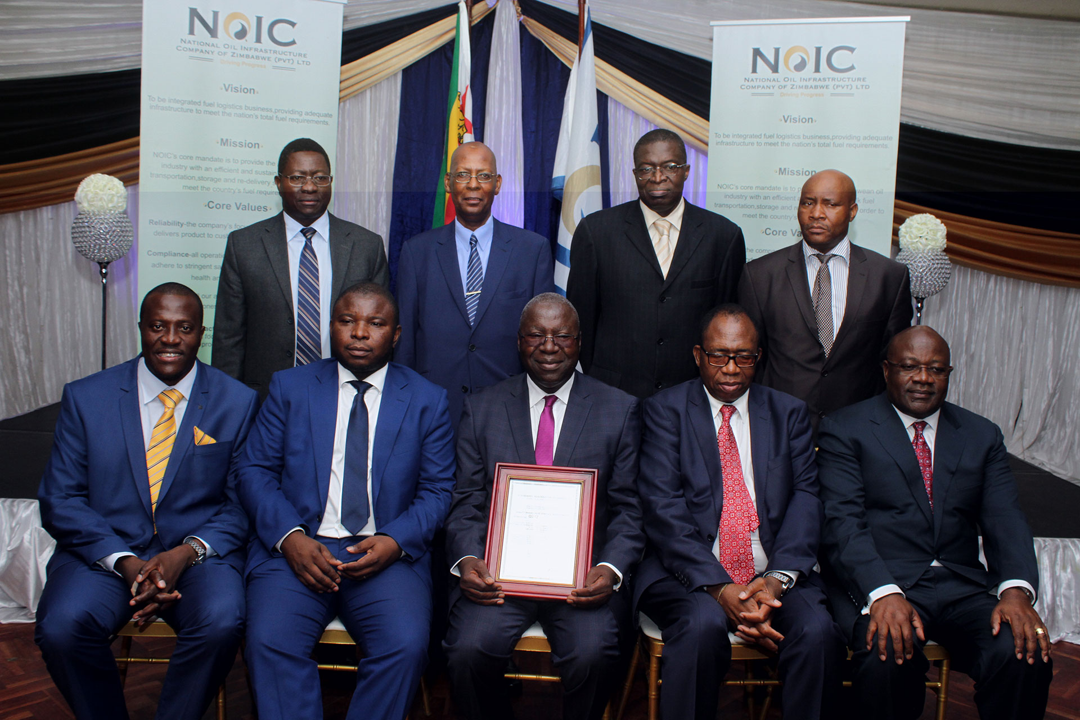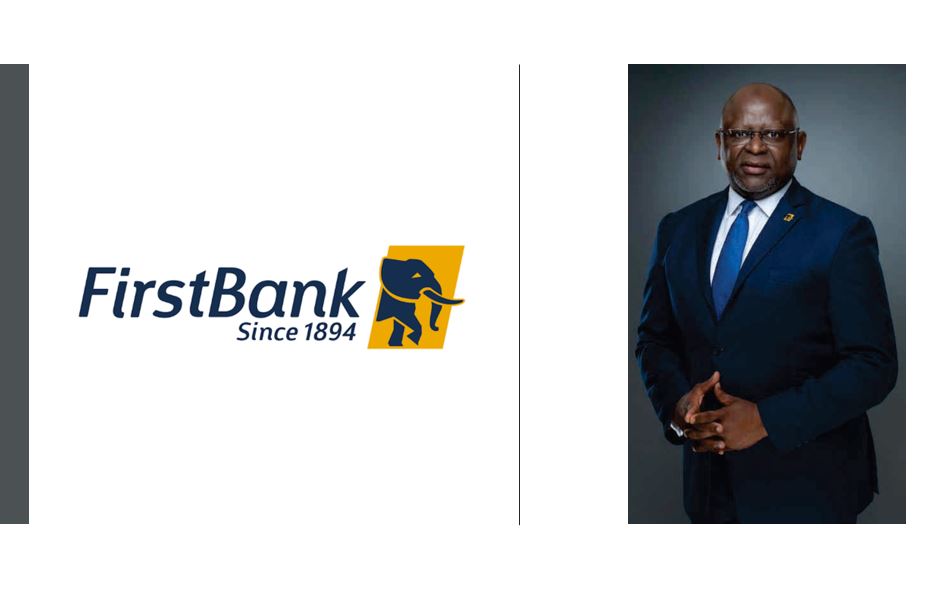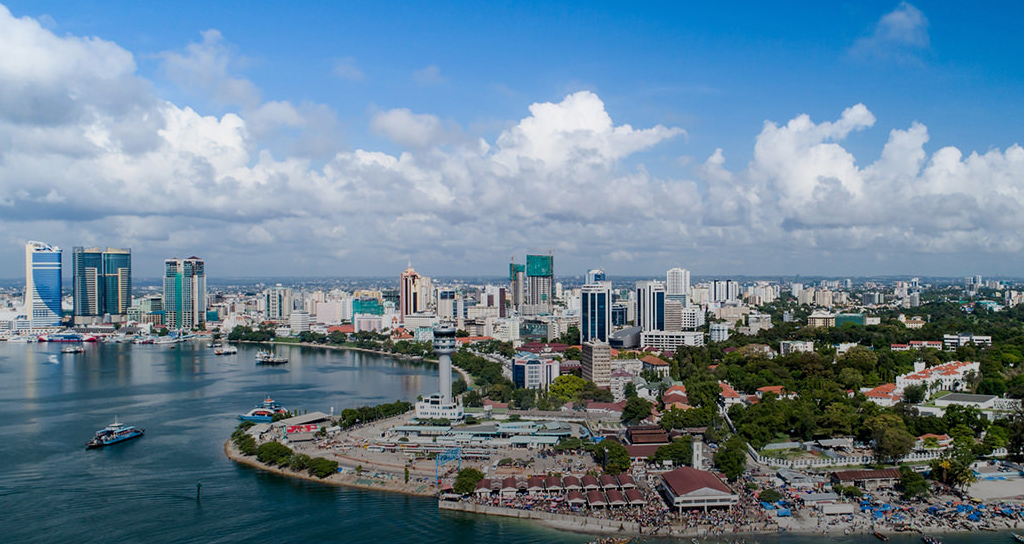NOIC is in the business of pipeline transportation of petroleum products as well as storage and handling in the Company’s depots. The Company has depots in strategic sites around the country, namely Bulawayo, Mutare, Beitbridge, Msasa and Mabvuku. NOIC has blending facilities at its depots and undertakes to blend services on behalf of its clients. Under the leadership of Mr Wilfred Matukeni, the current CEO of NOIC Zimbabwe, the company has undertaken a lot of laudable new projects while also upgrading existing ones. The CEO, Mr Wilfred Matukeni had a chat with the African Leadership Magazine in this exclusive interview. Excerpts.
Under your leadership, the NOIC has been working on a lot of fuel storage depots, building pipelines and upgrading existing ones across Zimbabwe. Can you give us a brief insight on projects undertaken and progress made thus far?
NOIC has undertaken several projects, and these include;
- The construction of a road loading gantry with a loading capacity of 4 million litres per day that links with the regional markets.
- The current increase of the pipeline capacity from 2.16 billion litres to 3 billion litres by end of year 2023.
- The acquisition of a fuel depot with a total capacity of two (2) million litres in Bulawayo, to service the southern part of Zimbabwe.
- The construction of two (2) ethanol storage tanks at the Mabvuku Depot with a combined capacity of 6 million litres which is mainly for mandatory blending purposes.
- The establishment of a Public Private Partnership (PPP) through a joint venture with Triangle Limited to produce ethanol for mandatory blending purposes.
- The establishment of a subsidiary Company Genesis Energy (Pvt) Ltd that retails fuel to enhance Government participation in the fuel sector.
Zimbabwe has doubled its demand for fuel as of last year, which has been attributed to the increase in business activities in the country. How are you coordinating the NOIC to continue meeting the increasing demands?
The company has sufficient storage capacity and can accommodate the increasing demand. As mentioned above, the current pumping capacity is 2.16 billion per annum, with the upgrade, the first phase targets to increase the pumping capacity to 3 billion litres per annum. This is scheduled to be completed and commissioned by 30 June 2023. Subsequently, the Company, in conjunction with its Mozambican counterpart, CPMZ intends to expand the capacity to 5 billion by end of 2025.
Once the product is in Zimbabwe, we have taken measures to ensure that we efficiently re-deliver to our customers. Our depots around Zimbabwe have an installed capacity to load a combined total of 15 million litres of fuel per day. This is to ensure that fuel is readily and timeously available to consumers.
What are some of the projects currently going on that you feel are vital to not just the petroleum sector but are key for the country’s economic growth?
Zimbabwe has embarked on a journey to become the in-land fuel hub for landlocked Southern African countries, such as Zambia, the DRC and Botswana. Our facilities are able to serve the hinterland markets and enable them to access their fuel closer to their countries at terminals in Harare, instead of driving a further 551 km to Beira, Mozambique. This will result in efficiency in the transportation of fuel to the destined markets. In addition to the above, the transportation of fuel through the pipeline will ensure adherence to tenets relating to the protection of the environment and, in particular Zimbabwe, economic growth.
The nation has undertaken massive road rehabilitation and infrastructure development which is set to result in substantial economic developmental impact over the years to come.
In addition, the current increase in mining activities is expected to culminate in the generation of foreign currency reserves required for the importation of capital goods. These enhanced economic activities across all sectors of the economy as highlighted above will consequently result in increased fuel consumption.
It has been proven that public-private partnerships (PPP) have the potential to unlock the much-needed financial resources to fund projects which somewhat reduces the financial burden on the government. How do you ensure that the private sector partners and participates in some of your projects?
NOIC is currently in a public-private partnership (PPP) with Triangle Limited in the production of ethanol for mandatory blending purposes. By way of background, in line with the global trend towards the use of cleaner fuels and further, the need to curtail the importation bill, the Zimbabwean laws require that all unleaded petrol consumed in the country be blended with ethanol. The blending ratios vary from time to time depending on the availability of ethanol. With a view to contributing to these objectives NOIC partnered with Triangle Limited on the basis of two underlying motivations, thus:
- To enhance the national production levels; and
- To ensure consistency of supply and blending at the prescribed level.
How are you ensuring that the implementation of these projects maintains a certain level of Zimbabwean content?
As far as possible, subject to the availability of the requisite skills, we try to ensure that we engage local entities as contractors for our projects. We also encourage contractors to partner with external contractors to ensure that there is a transfer of skills. With regard to materials and equipment, locally produced products will always be preferred to foreign products of similar quality and specifications.
Being at the top of an important organization like the NOIC definitely will be a rich and rewarding experience for anyone. It will also come with challenges, tough decisions, and historic moments of great significance for you as an individual and the organisation at large. How has the journey at the top of NOIC been for you so far?
I have had a memorable journey and rewarding experience in this position so far. As you have correctly noted, the challenges are numerous, some of which we thought we would not be able to surmount when we first observed them. Nonetheless, the entire cocktail culminated in the success we see today. I would hasten to say that the lessons learnt far outweigh the achievements made.
However, our efforts would have been in the absence of the appropriate fundamentals. I am grateful for the support we continue to receive from our Government, through the creation of a conducive operating environment. The invaluable contribution of the NOIC Board through wise counsel and astute strategic leadership and direction is greatly cherished.
Lastly, corporate leadership and governance is not a one-man band. I have worked with a vibrant and committed team which has been and continues to be ready and willing to go all out to make NOIC a success.

What do you see as Africa’s chances on investments in the short and medium term and What necessary measures should be taken to encourage foreign investors into doing business on the continent?
There are vast investment opportunities in Africa across all sectors of the economy continent, because of its large, greenfield characteristic. Africa offers a growing population and abundant labour force that can provide ‘an engine for high returns on capital for investors. Over the past two to three decades there has been significant economic growth in Africa and those who were perceptive enough to see it and join the party have not regretted it.
In my view, it is not appropriate to take the stencil of investment for other continents and try to impose it on Africa. The fundamentals are different and therefore, a different model is required. The secret is to identify the appropriate model.
An important factor that will encourage investors is the creation of a favourable/ enabling business environment and obviously, equitable means of repatriating income realised. This has to be balanced with the principle of ploughing back into the economy which has created value.
You have just been nominated to be conferred with the African Business Leadership Excellence Award for displaying innovative leadership. How do you feel about this honour?
I am humbled and at the same time encouraged by the recognition of my work and I am honoured to receive it as an affirmation (even to myself) of the hard work that we have put in as the NOIC team.
The award propels me and challenges me to keep striving for excellence. Continuous improvement is key. One definition of figurative death is the absence of improvement.
I am sincerely grateful to the African Leadership Magazine for this honour and to the NOIC team for the effective teamwork and commitment that enable us to walk this momentous journey. I thank you.


